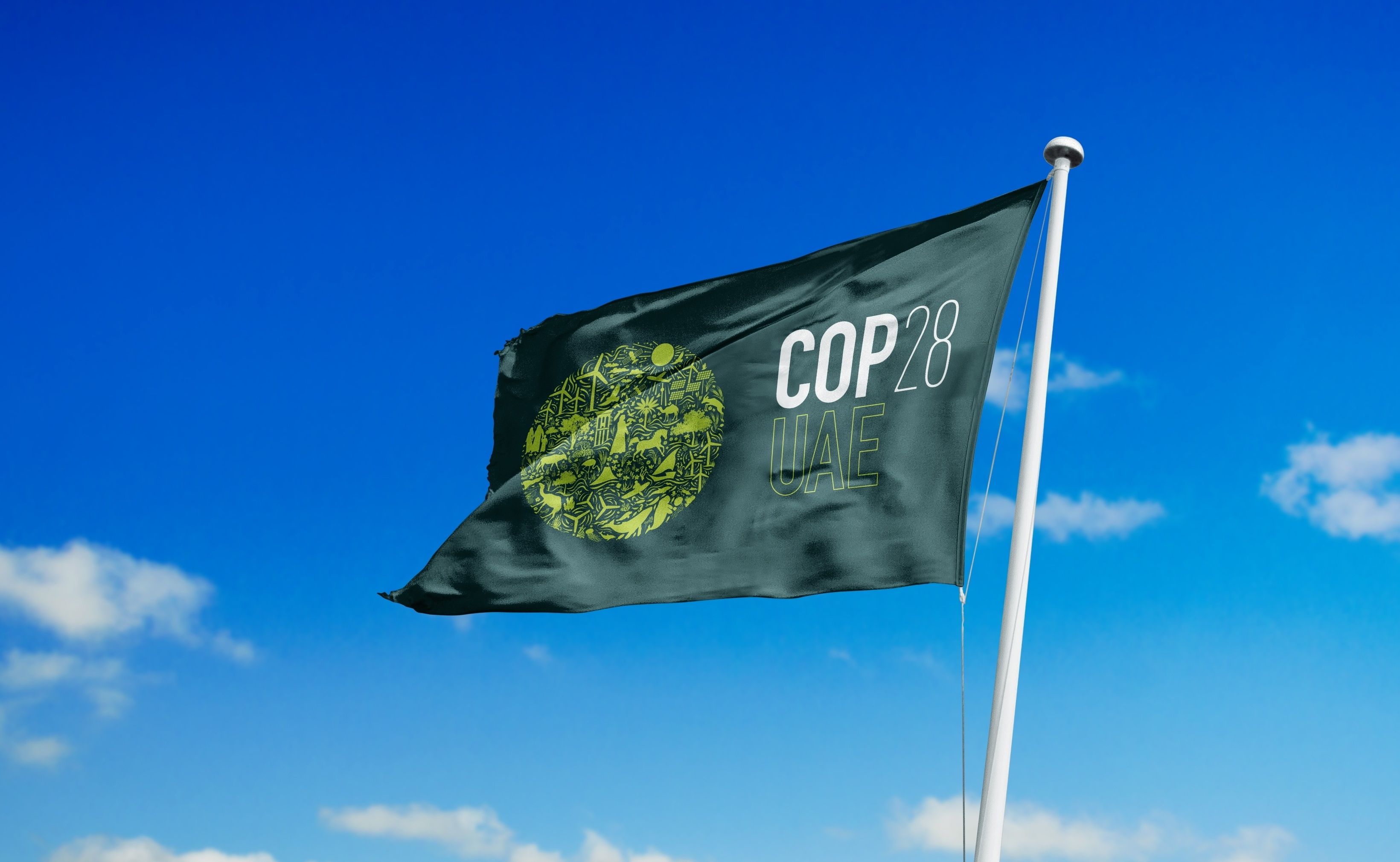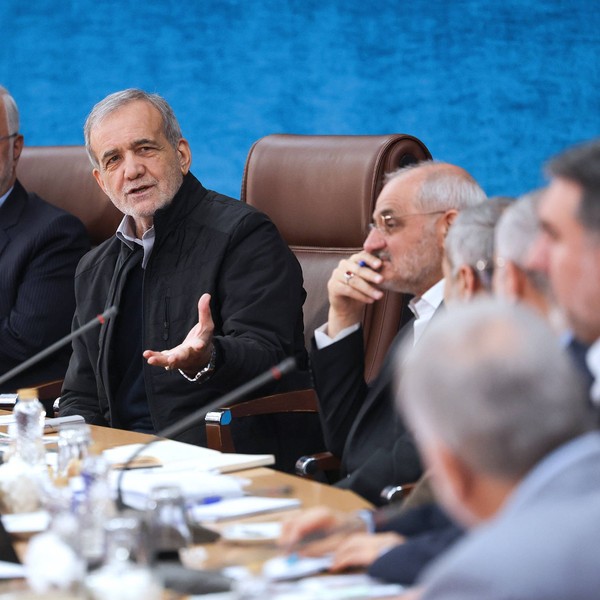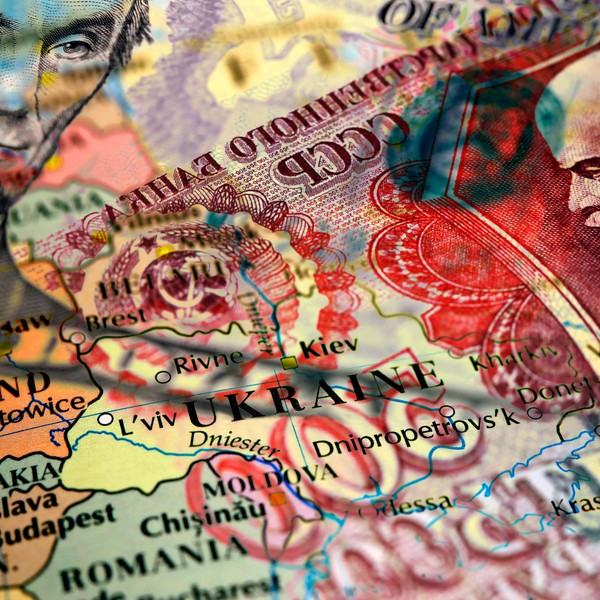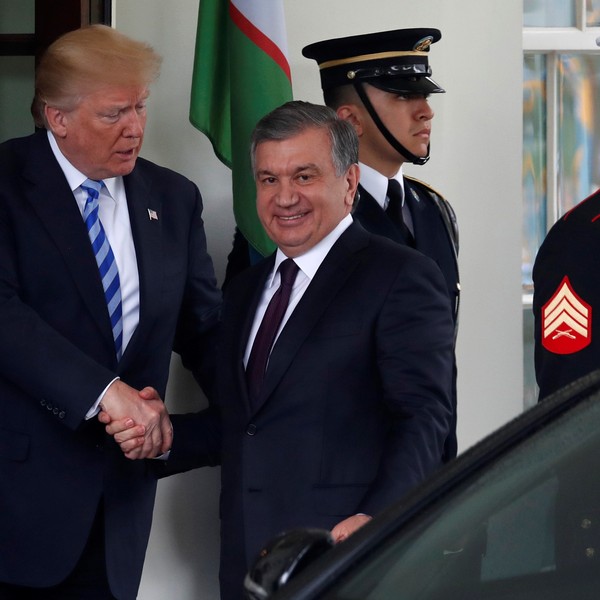For the first time — and it is rather remarkable that this is the first time — the United Nations COP28 climate summit beginning this week in Dubai will include a “Global Stocktake” of progress made in achieving the goals set out and commitments made by global agreements since the 2015 Paris climate accords.
If this stocktaking is honest, it will also be extremely depressing.
In order to prevent the rise in global temperatures since pre-industrial times from exceeding the reasonably safe limit of 1.5 degrees Celsius (2.7 degrees Fahrenheit), COP26 in Glasgow established a goal of reducing fossil fuel emissions by 45 percent by 2030. Those goals are now unachievable. Based on present trajectories, emissions will actually rise nine percent above 2010 levels by that date. Since carbon dioxide remains in the atmosphere for thousands of years, this means that a rise above 1.5 degrees Celsius is now inevitable and cannot subsequently be reversed, at least with any technology now available to us.
The inevitable result will be an intensification of the heat waves, droughts, forest fires and floods that have plagued large parts of the world — including the United States — over the past year. Without a radical change of course, however, much worse lies ahead. If emissions continue to rise until 2030, it is almost impossible to imagine how “net zero” (whereby carbon extracted from the atmosphere equals that put into it) can be achieved by 2050.
Even with the commitments made by states under the Paris agreement — hailed as a radical breakthrough in climate change action — it has been estimated that by the end of this century global temperatures will rise by 2.5 degrees Celsius. This would bring us into quite unknown territory. The negative impacts of natural disasters and on agricultural yields in key parts of the world will rise exponentially. Perhaps new crops genetically modified to withstand heat will ward off mass famines, or perhaps not. Apart from anything else, hundreds of millions of agricultural workers in Asia and elsewhere cannot be genetically modified to withstand sustained exposure to temperatures that are lethal to human beings.
This will happen even if this rise in temperatures occurs, as it has until now, in a linear and gradual fashion (gradual by the standards of humanity, not of the Earth). There is however a real, albeit unquantifiable, risk that such an increase will lead to “tipping points” and “feedback loops,” whereby a rise of two degrees will lead to three degrees and three degrees to four degrees over a short period of time. If so, civilization as we know it will be destroyed. No organized society on Earth could withstand both the physical disruption involved and the immense movements of desperate people that would result.
This danger of feedback loops exists primarily in the Arctic, where the melting of sea ice reduces the reflectivity of sunlight back into space, and the melting of the Arctic permafrost risks releasing enormous quantities of methane from frozen rotted plants. Although methane is far less long-lived than carbon dioxide, it is almost 40 times more powerful in terms of its greenhouse effect. And the Arctic is warming at almost three times the rate of the planetary average.
This is why the approach of the U.S. security establishment to the warming of the Arctic is so bitterly indicative. Hundreds, perhaps thousands, of papers, briefings and articles have concentrated on the supposed threat that the melting of the Arctic sea ice will allow Russia and China to sail more ships through the region.
To this, the only sensible answer must be: So what? Russia and China cannot invade Alaska or Canada through the Arctic, and the danger posed by nuclear missiles or bombers overflying the region has existed for more than sixty years and is completely unaffected by climate change. Meanwhile, these writers appear completely indifferent to the likelihood that climate change in the Arctic will drown American cities, wreck much of U.S. agriculture, and inflict grievous harm on the lives and health of hundreds of millions of U.S. citizens.
We are suffering from a severe case of “residual elites;” foreign policy and security establishments that grew up to deal with one kind of challenge — in the U.S. case, World War II and the Cold War — but whose structures, ideologies and economic interests render them incapable of meeting a wholly different set of challenges. A parallel might be made with the “Confucian” elites of 19th-century China. They represented by far the oldest and most successful governing tradition in history; but it was one that was wholly unprepared to meet the completely new challenge of Western imperial capitalism.
It must be said of course that this criticism applies just as much or more to the security elites of other major powers, including the Indians and Chinese, who are also focused on geopolitical ambitions and risks at the expense of action against climate change. Indeed, they can be considered even more foolish. While, for a long time to come, developed societies in the West will be able to withstand or adapt to the direct physical effects of climate change, parts of Asia are far more immediately threatened. This is especially true of South Asia, where even fairly limited increases in temperatures are projected to have potentially disastrous impacts on agricultural production.
Yet too much of the Indian approach to COP28 seems to consist of diplomatic grandstanding intended to boost India’s status and prestige by acting as the leader of the “Global South” in demanding reparations and vastly increased aid from Western countries to compensate for their emissions since the Industrial Revolution. This may be just. But it misses the point that the duty of Indian officials today is to do everything possible to minimize damage to India, above all by reducing India’s own steeply rising emissions from coal.
The other issue exemplified by South Asia is the prospect that rapid climate change will radically increase migration. It is natural that Western commentators and analysts should concentrate on illegal migration to Europe and America and both the human suffering and the political dangers involved. Yet one of the two most ferociously defended anti-immigrant borders in the world is India’s with Bangladesh, a line on which more than 1100 Bangladeshis have been shot dead by Indian security forces over the past decade.
Indian worries about Bangladeshi migration have been amplified by the fact that Bangladesh is one of the countries both most over-populated and most endangered by climate change and consequent sea level rise. Moreover, mass Bengali migration into the surrounding hill country has sparked numerous bloody instances of ethnic strife in eastern India over the past decades, and contributed to Burmese hostility to the Bengali-speaking Rohingya minority in Myanmar.
After a long series of record-breaking years, 2023 is now set to be the hottest since records began. Across the U.S., local heat records have been shattered. Massive forest fires have devastated areas of northern Canada where such events would have been unthinkable in the past. U.S. neighbors in Central America, already under severe social, economic, criminal and ecological stress, are facing a future when the additional effects of climate change will render their governments completely unable to cope.
These are threats to American society and ordinary Americans that dwarf anything China and Russia can do (short of nuclear war). While the Biden administration has declared rhetorically that climate change is an “existential threat,” the country’s security establishment has still failed to reorder its priorities accordingly.
If U.S. elites truly believe that America is the “indispensable nation,” they should feel compelled to do so. For if we continue with one international “agreement” after another that fails to meet its own stated goals, then historians of the future will consider that U.S. global leadership failed at its most important test.
Sophia Ampgkarian contributed to the research for this article.
- Lots of talking produced Xi-Biden meeting. Now, action? ›
- What if the US and China really cooperated on climate change? ›















